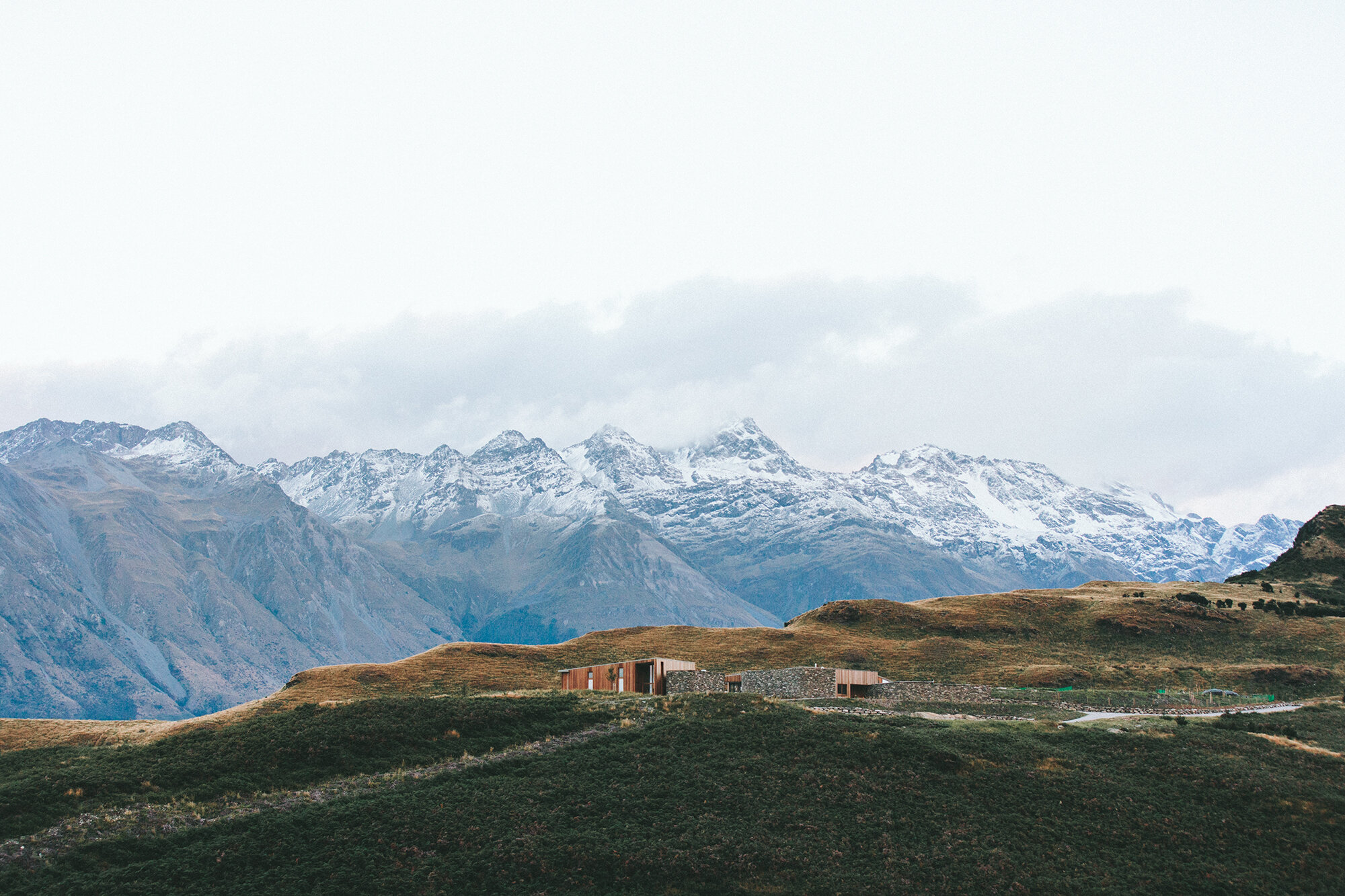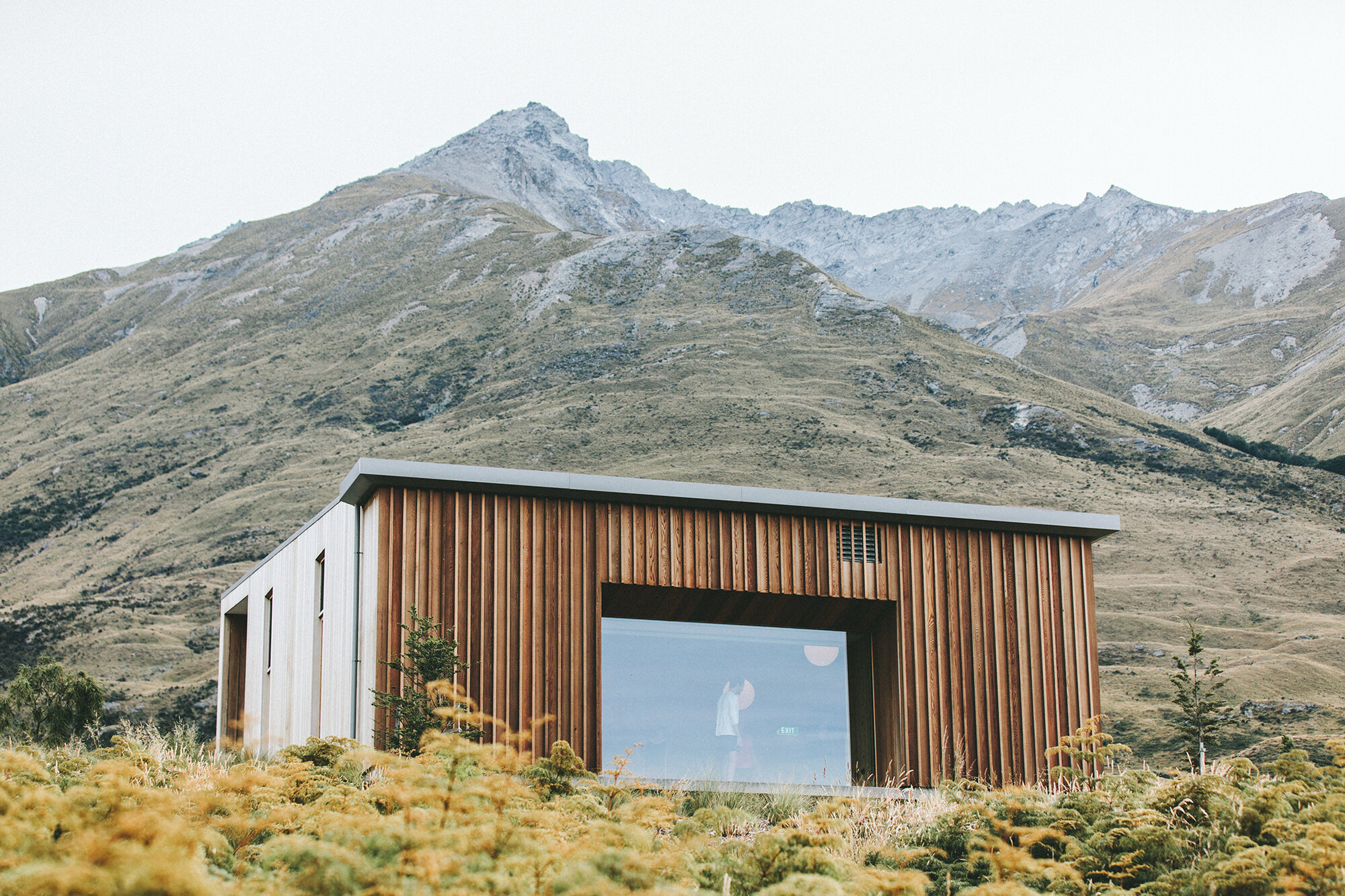12.29.2020
Commentary: The world is in good hands with these exceptional teens who are doing their part to help create change
By THEODORE PAPPAS and GREGORY MCNAMEE
CHICAGO TRIBUNE | DEC 29, 2020 AT 10:32 AM
Teenagers are changing the world in many fields, from social and political leadership to new technologies to battling the effects of climate change. Many of them continued to do so in the difficult year of 2020, even while facing great challenges of their own, such as autism, violence in their countries and social structures in their home communities. All of the exceptional teenagers profiled below are from Encyclopaedia Britannica’s forthcoming Shapers of the Future series, highlighting 200 brilliant, already highly accomplished young people under 40.
Swedish environmental activist Greta Thunberg gives a speech at the end of the 'Friday Strike For Climate' on March 6, 2020, in Brussels, Belgium. (Thierry Monasse/Getty Images)
A few are known to worldwide audiences such as Greta Thunberg, who turns 18 on Jan. 3. At the beginning of school in 2018, she went out on a one-student “School Strike for the Climate,” which morphed into Fridays for the Future when she narrowed her protest to just one school day a week. An ardent spokesperson for the environment and for action in the face of climate change, the Swedish teen sailed across the Atlantic Ocean to address the United Nations in 2019. She has also become a spokesperson for people with autism, tweeting, “being different is a superpower.”
Billie Eilish co-wrote her hit song “Bad Guy” with her brother, Finneas. The dance-pop single topped the U.S. Billboard Hot 100 and went on to win Song of the Year and Record of the Year at the 2020 Grammy Awards. (FREDERIC J. BROWN // Getty Images)
Another well-known figure is Billie Eilish, 19, who, over the last few years, has set the musical charts on fire with her intelligent, fierce pop songs. Her 2019 debut album “When We All Fall Asleep, Where Do We Go?” won her and her brother/recording partner Finneas six Grammy nominations, while an earlier EP earned her the distinction of being the youngest artist to earn a billion plays on Spotify.
Computer science activist Ian Brock of Chicago. (Sterling L. Gilmore)
Ian Brock, 16, of Chicago, was fascinated by computers and mathematics at an early age. After Brock became aware that many people of color were not widely encouraged to enter technological professions, at the age of 12, he founded Dream Hustle Code, an organization that teaches coding and other work-of-the-future skills to people in underserved communities. Hundreds of students of all ages and ethnicities have passed through the online academy’s virtual doors.
Dafne Almazán Anaya, 18, is an extraordinarily adept learner. She learned to read at 3 and finished high school and an undergraduate degree in psychology by 13. Mexico’s school system did not quite know what to do with her and other “super learners,” among them her older brother Andrew, so her parents established the Centro de Atención al Talento, or Talent Attention Center, in Mexico City. The school provides accelerated courses for gifted students. Almazán Anaya completed a master’s degree in mathematics education at Harvard University at 18, two years after receiving her first master’s degree in education at the Monterrey Institute of Technology and Higher Studies. She is now studying law and music and working toward a doctorate in education.
Dara McAnulty, of Northern Ireland, is making contributions to the world of literature and ideas. McAnulty, who is autistic, is an accomplished student of natural history. He began writing a nature blog at 12. Inspired by punk rock music and the poetry of the late Irish writer Seamus Heaney, McAnulty, at only 16, is the author of “Diary of a Young Naturalist.”
Yasha Asley, 18, completed the British school-leaving A-level mathematical exams when he was just 8, the youngest person ever to do so. He divided his days between primary school and the University of Leicester until entering the university full time. The university hired him to teach mathematics while studying for his doctorate at just 13, and he seems well on his way to being both a mathematician and teacher of note.
Mari Copeny is a representative of the United Nations Girl Up Initiative and has raised money to buy more than 15,000 backpacks for children in Flint, Michigan. (Loui Brezzell/Britannica)
Mari Copeny, 13, lives in Flint, Michigan. The city switched water sources without providing proper treatment for water from the polluted Flint River in 2014. The water available to consumers was full of bacteria and industrial waste, including high levels of lead. Copeny, 8 at the time, sent a letter to then-President Barack Obama asking for help. Obama authorized $100 million for a cleanup campaign. Copeny is now a representative of the United Nations Girl Up Initiative and has raised funds to purchase more than 15,000 backpacks for Flint schoolchildren. She launched an anti-bullying campaign and has distributed more than 1 million bottles of water to Flint residents. She says that she will be president of the United States one day, and no one should be surprised if that comes true.
In this video image, Marley Dias speaks with Eva Longoria during the first night of the Democratic National Convention on Aug. 17, 2020. (AP)
Social activist, entrepreneur and writer Marley Dias, of New Jersey, was 11 when she complained to her mother that she was tired of being required to read books in school about “white boys and dogs.” Her mother challenged her to do something about it, so Dias — whose first name honors the reggae artist Bob Marley — organized a drive to send 1,000 books to Jamaica. The resulting organization, #1000BlackGirlBooks, is dedicated to locating and distributing young adult novels with strong, positive Black women at their center. Still in high school and soon to be 16 on Jan. 4, Dias explained to an interviewer that her interest lies in social action, which “means that you find an issue in your community and you create an initiative to solve that issue or to help people.” Dias is the author of “Marley Dias Gets It Done: And So Can You!”
Gitanjali Rao earned the title “America’s Top Young Scientist” for developing a sensor-based device called Tethys that tests water for the presence of lead much faster than any other method. (Sharif Hamza)
At 11, Gitanjali Rao was inspired by the Flint water crisis to develop a sensor-based device called Tethys that tests water for the presence of lead much faster than any other method. Earning the title “America’s Top Young Scientist” for that invention, the now 15-year-old developed an anti-bullying AI algorithm, created an app to help treat opioid addiction, and wrote a book that encourages girls to study science and mathematics.
Lillian Kay Petersen, 18, was a high school senior when she won the 2020 Regeneron Science Talent Search competition for developing a scientific model to reduce food insecurity by accurately predicting crop yields. Her interest came from having younger adopted siblings from East Africa, a region that suffers from climate change–related drought. Petersen developed a simple model, accessible to local farmers, that enables them to predict harvests early in the growing season. The model, making use of satellite data, also allows agencies to anticipate food shortages and act beforehand.
Cameroonian activist Divina Maloum, 16, was 10 when she founded Children for Peace, an international organization dedicated to barring the use of children in war, resisting child marriage, fighting terrorism and speaking out to advocate for the rights of children to live lives free of violence. She was awarded the 2019 International Children’s Peace Prize, an honor announced by the renowned human rights activist Archbishop Desmond Tutu.
With such diverse, exceptional talent among these and so many other young people, we can all feel certain that the future will be in good hands.
Theodore Pappas is the executive editor of Encyclopaedia Britannica and Gregory McNamee is a contributing editor. Commentaries are opinion content that reflect the views of the writers.
Link to “Young Shapers of the Future” Series at Encyclopedia Britannica











